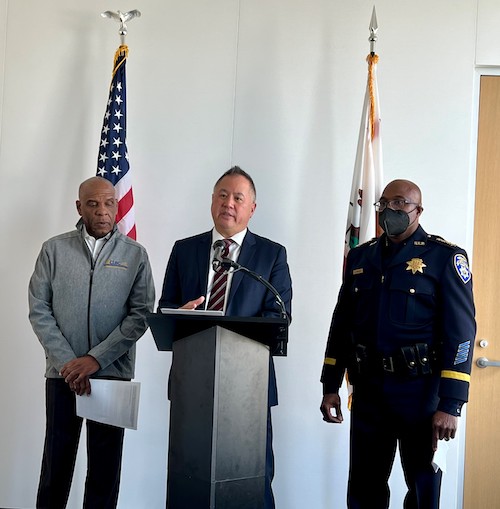In 2019, due to concerns about the use of facial recognition technology (FRT), I passed legislation that banned FRT's use in body cameras. At the time the technology could be used to misidentify innocent people as wanted suspects, including me and several lawmakers. But FRT has vastly improved since then, becoming an important public safety tool that's helping law enforcement solve cases, such as shootings, kidnapping, and human trafficking. But there are currently no limits on how officers and deputies use FRT. The bill I passed banning FRT use expired earlier this year.
I have introduced AB 642 to govern its use in a way that strikes a balance between keeping communities safe, while also protecting our privacy.

Under my bill, FRT cannot be the sole basis for issuing an arrest or search warrant, and the algorithm used by law enforcement must have been evaluated by the federal government's National Institute of Standards and Technology. Independent, substantial evidence - beyond an FRT match - will still be necessary for an arrest and conviction. This way, Constitutional protections are still in place, in case a false match does happen.
AB 642 protects our privacy and due process rights and lets us improve public safety at the same time.